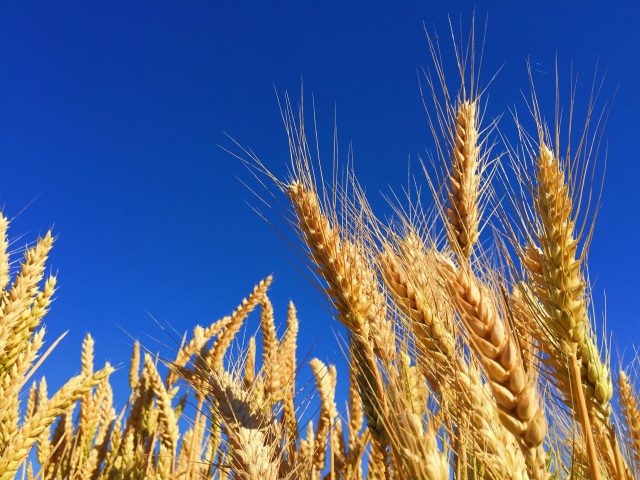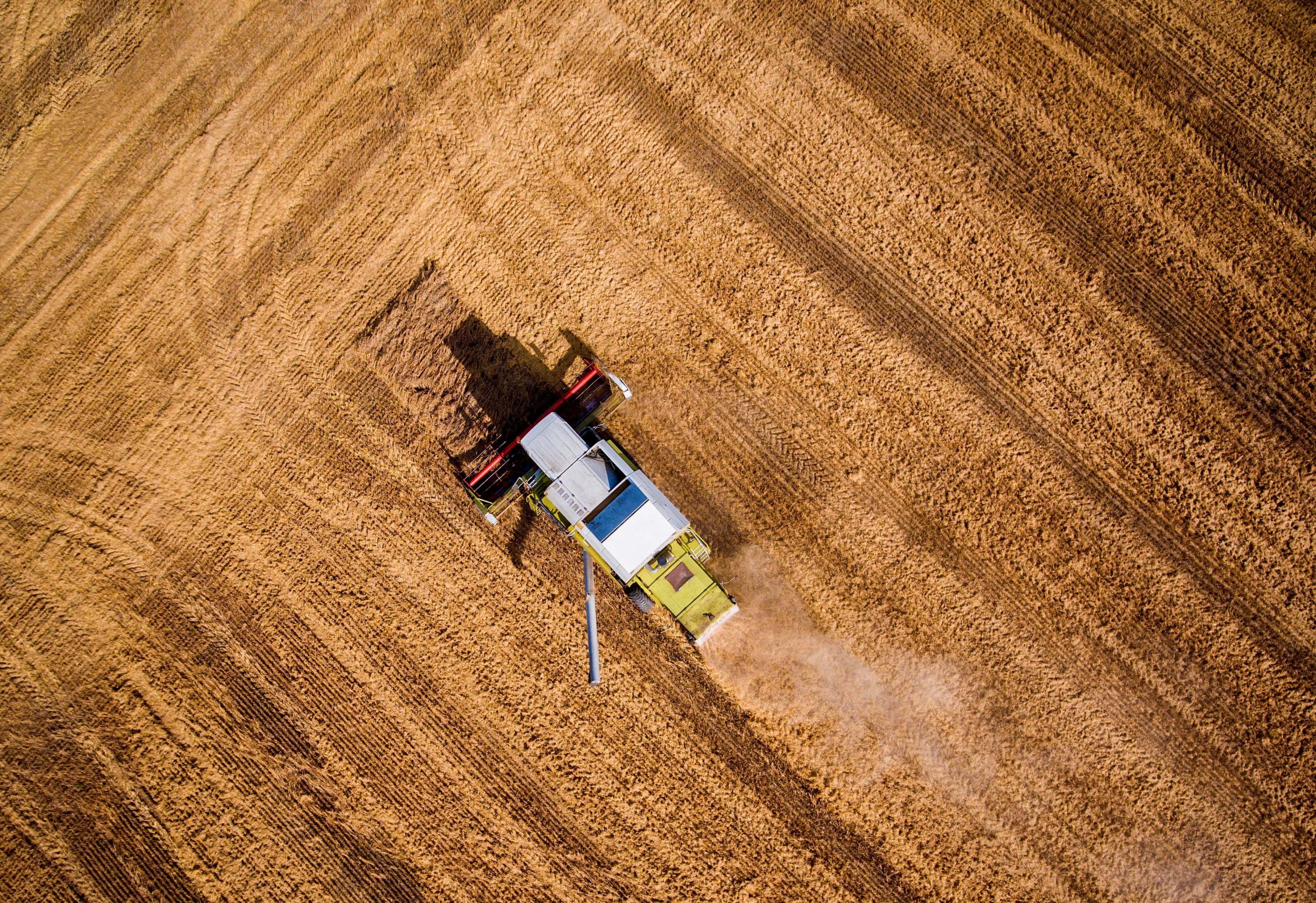
The aggression against Ukraine by the Russian Federation that began two years ago has created geopolitical chaos on the borders of the European Union and NATO’s eastern flank. The significant rise in the price of energy and agricultural materials exported by the two countries now at war has brought a new player onto the European economic scene. This is Turkey, which, shortly after the outbreak of the war, although not in the European Union, managed to increase its profits by becoming an important supplier of energy and cereals to a good part of the 27 EU countries. Taking advantage of the embargo imposed on the Russian Federation and Russia’s unilateral denunciation of the agreement on the transport of grain in the Black Sea, Turkey has slowly but surely transformed itself from an exporter of energy (gas, oil, of Russian origin) into a major exporter of grain. After last year’s record year for cereal exports, Turkish flour producers expect this year to be a good one for them too, with flour exports exceeding last year’s value.
The Russian Federation has announced that durum wheat exports will be banned by the middle of this year, until the end of June to be precise, citing the need to protect its food security. Durum wheat is known to be the main ingredient in pasta and Russia, despite being credited as the world’s largest grain exporter, produces little of this durum wheat. For those unfamiliar with the term, durum wheat is a variety of wheat (Triticum durum) that is known for its high gluten content and the hardness of its grains. This type of wheat is often used to produce durum flour, which is mainly used to make pasta such as spaghetti, noodles and other similar products. Due to its high gluten content, durum flour has superior baking properties, giving structure and elasticity to dough.
After Russia’s announcement to ban the export of this product Turkey wasted no time and got into the game. In early February, according to traders, Turkey turned from a grain importer to an exporter after selling no less than 150,000 tonnes of durum wheat on the foreign market by auction. It is well known that the main source of Turkey’s wheat and cereal imports is generally of Russian origin, but at the same time Ukrainian cereal imports have not been neglected either, as they have a massive share in the trade balance. However, Turkey’s last durum wheat harvest (2023) was extremely good, which has resulted in the country’s reserves being at high levels. These factors have helped Turkey’s economy, which in recent months has exported wheat, including durum, heavily to Middle Eastern and Mediterranean countries. In these countries supplies of wheat, especially durum wheat, are low leading to higher demand.

It is safe to say that since Russia attacked Ukraine two years ago, the trade order in the Eastern European region has been reconfigured both in terms of food and energy markets. If before the outbreak of the Russian-Ukrainian conflict Turkey only dreamed of playing an active role in the oil and gas export market, this has now become a reality. And all this was made possible after Recep Tayyip Erdoğan made what is seen by leaders in Brussels as a pact with the devil, i.e. Russia. In parallel, although the war is far from over, a major Turkish company is among the first investors building factories in Ukraine. It is the company Baykar, known as the manufacturer of the famous Bayraktar war drones. This proves that the war has been good for the Turkish economy, as evidenced by the fact that exports from Turkish arms companies grew by 27% last year alone to a record $5.5 billion. At the same time, Turkey, located at the gateway between Europe and Asia, is a bridge between the natural gas produced by Azerbaijan and delivered to European Union countries.
Turkey’s new role in grain exports
In order to analyse Turkey’s new role in the wheat export market, it should be noted that despite being under economic sanctions, Russia has managed to significantly increase its grain exports in 2023. Thus from a quantity of 52,000 tonnes in 2022 the Russian Federation reached 657,000 tonnes of wheat exports last year. The main countries that have imported Russian wheat are interesting. These include EU and NATO member Italy, Tunisia and last but not least Turkey.
In the case of Turkey, US Department of Agriculture specialists expect a rich harvest of wheat, corn and barley in the 2023-2024 marketing season. This will lead to a decrease in imports of grains needed by Turkey’s own population while wheat exports will reach record highs. In other words, Turkish companies will broker the sale of Russian grain to third countries, even to EU countries. Turkey’s exports of flour and pasta from wheat processing will, according to the same U.S. Department of Agriculture experts, be much higher than expected.
Comparing just the first six months of the 2022-2023 marketing season with the 2023-2024 marketing season shows a 28% increase in wheat flour exports. Wheat flour exports were 2.1 million tonnes and the main reason for this increase is due to market demand from African countries that were traditionally customers of Russia and Ukraine.
In the case of Ukraine, cereal production and exports are currently dependent on the war, the narrow transit corridor for ships carrying Ukrainian products across the Black Sea and, last but not least, tensions with some EU countries (Poland, Romania, Bulgaria and Hungary), through which wheat and other cereals should reach international markets by land (trucks, trains). After some of the European Union’s Eastern European neighbours, Ukraine’s neighbours, united and said they no longer welcome Ukrainian grain on their markets, the government in Ankara last spring imposed a 130% tariff on imports of wheat, maize and other grains from Ukraine. Because imports were not previously taxed, some traders believe Ankara made the decision in order to protect Turkey’s agricultural sector ahead of elections and the new harvest. Also until last year, the Turkish state ranked as the largest importer of wheat and barley from Ukraine. For example, in the first quarter of last year, 42% of Ukraine’s barley production went to Turkey.
Meeting between Erdoğan and Russian president postponed
According to Turkey’s diplomatic sources the meeting scheduled for February this year between Russian President Vladimir Putin and his Turkish counterpart Recep Tayyip Erdoğan has been postponed to a date still uncertain. The announced purpose of the meeting was to reach a possible agreement that would make it easier for Ukraine to export grain across the Black Sea.
In the meantime, there has been another notable change in the wheat market. Kazakhstan, known as Central Asia’s largest wheat producer, has moved up three places (from seventh to fourth) in the ranking of durum wheat suppliers to the EU, with Italy by far the biggest recipient. Not least, Kazakhstan’s durum wheat has replaced Ukraine’s on the Polish market. Kazakhstan, with its cereal-dominated agriculture, is also an importer. Strangely, in January alone it imported 42% more grain from Turkey than in the same period last year. According to experts, Turkey’s opening to the international durum wheat market has prevented pasta prices from exploding as they did in 2021. The gap left by the collapse of production in drought-stricken countries such as Canada has been filled by Turkish grains.
Against this backdrop, analysts at agricultural intelligence firm Areté believe Turkey will usurp Canada’s place in the EU durum wheat market in the 2023-24 season. The National Organization of Turkish Flour Producers announced that in 2023 they achieved record flour exports: 3.6 million tonnes to 166 countries and the export target for this year has been set at 4 million tonnes of flour.



 Subscribe
Subscribe